Summer Gardening in the PNW
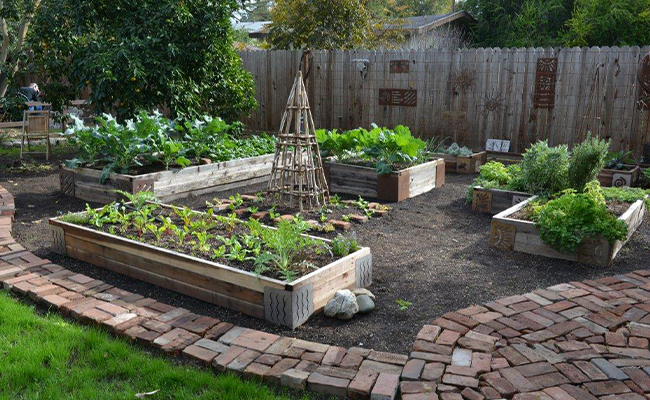
With summer officially arriving next week, we are in full swing of farming operations and we’re also gardening! Whether we work in the office or deliver your boxes, we are eager to get our fingers dirty and grow a few of our own herbs or veggies to go along with the amazing produce in our farm box. How about you?
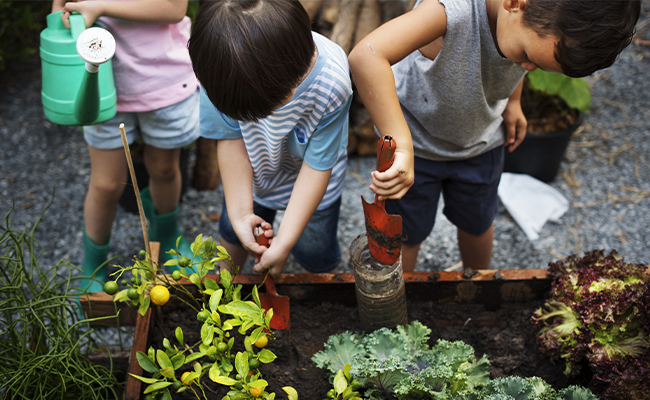
Sunshine
If you are at all nervous about getting started, don’t worry, there are many resources for gardening advice and supplies! You can talk with folks at your local nursery, check out videos and articles online, ask your county office to connect you with a Master Gardener or consult the Garden Hotline (www.gardenhotline.org) to name a few.
Today we’re focused on growing summer vegetables, in particular “warm-season” crops that can be planted outside this time of year such as tomatoes, peppers, eggplant, beans and squash. It won’t be a surprise to state right up front that growing warm-season vegetables in the Pacific Northwest is all about the sun! Find the sunniest spot you have available, – preferably where plants will be able to soak up the rays for at least 6-8 hours a day.
In the ground
If you have the space, you can either put in a raised bed or plant seeds or starts (transplants) directly into the ground. Each year, you want to make sure to loosen the soil 8-12 inches deep by digging with a shovel, pick or rototiller for larger areas. A raised bed can be built out of untreated wooden boards as a simple rectangle that you fill with soil, or you can use a galvanized metal trough and drill holes in the bottom so it has good drainage.
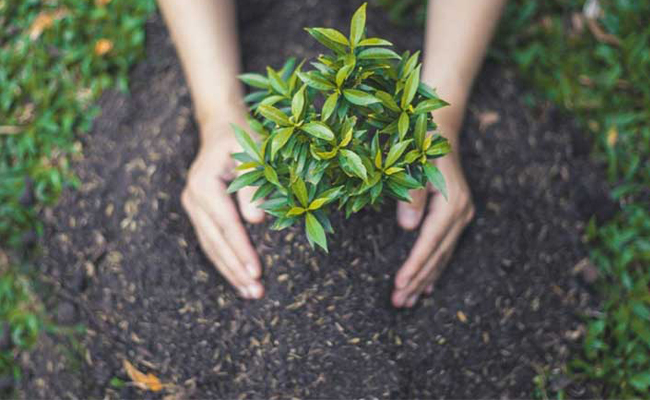
It is a good practice to amend the soil with compost or soil-building conditioner before you plant. This way, you can thoroughly mix it in which will help break up and aerate heavy, clay soils, or conversely, assist a sandy soil to retain moisture. Throughout the season, you can side-dress your growing veggies with compost or organic fertilizers by applying these materials around the base of the plants or in between rows.
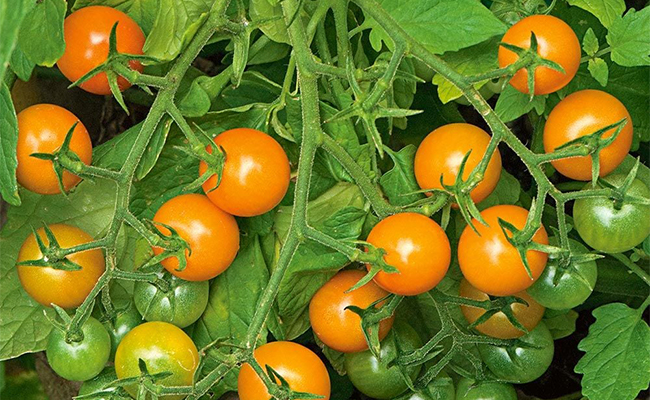
Warm-season veggies
Tomatoes – Cherry tomatoes are the way to go in the Pacific Northwest. Even during a cool or rainy summer, they will have time to ripen and are so much fun to eat right off the plant. If you prefer larger tomatoes, we suggest an early variety, less than 75 days to maturity.
Beans – Beans grow quite well in our climate. Pole or runner beans are great for harvesting several times during the season if you provide them with a trellis for support. Bush beans generally ripen over a shorter period and do not need supports.
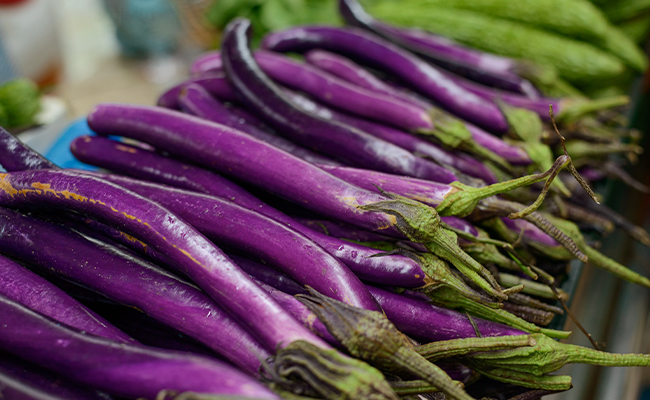
Eggplant – Asian varieties that are long and narrow will ripen more quickly than a globe eggplant. They also tend to be less bitter and many people find they can cook them with the nutritious peel left on.
Curcubits – This plant family includes summer and winter squash, cucumbers, melons, and pumpkins. Summer squash and cucumbers usually do well in the PNW if they have enough light. Smaller varieties of winter squash, mini pumpkins, and melons bred for a shorter season are also good bets.
Peppers – Smaller peppers, and those that taste great green as well as fully ripened to orange or red, are good choices for a relatively short summer season. Note that hot peppers may not be as spicy if growing conditions aren’t ideal, but they will still be delicious.
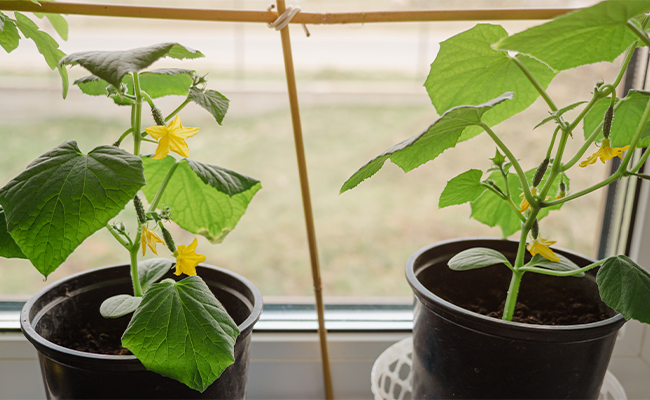
Container gardening
If you have a patio, balcony or even an indoor shelf by the window, other options available to you include pots, planter boxes or any container that you can fill with potting soil and provide for drainage. You can even move your pot around to keep the plant in the sunlight! In general, the bigger the plant you want to grow, the bigger the pot, — it’s a good idea to choose a bigger pot than you think you need. Large pots give your plants room to grow strong root systems and also need to be watered less often than smaller containers. As a rule of thumb, the pots for the following plants should be at least this deep:
- Tomatoes & summer squash: 12 to 20 inches
- Eggplant: 10-12 inches
- Cucumbers: 9-12 inches
- Beans: 8 to 12 inches
- Peppers: 8 inches
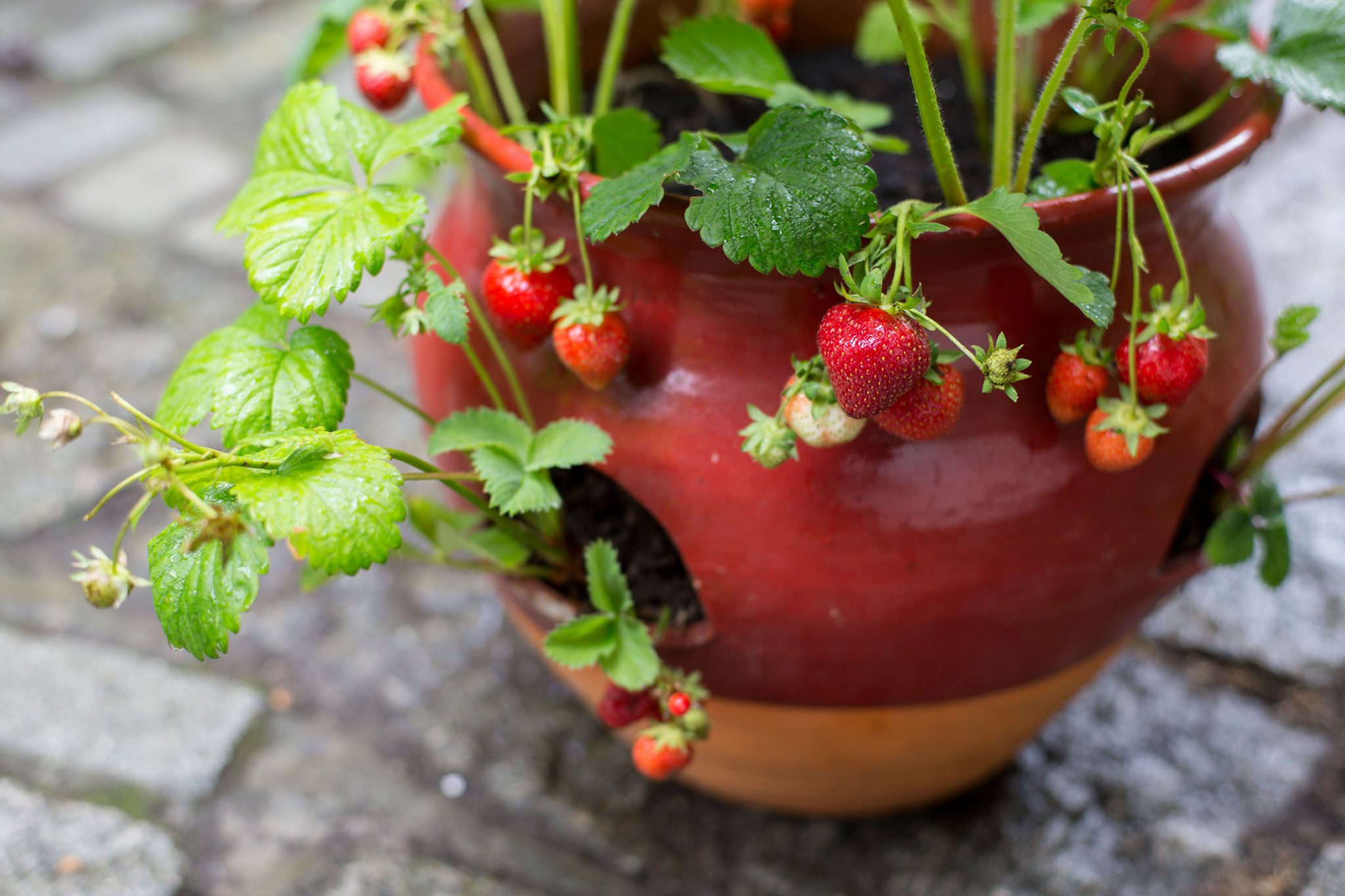
Melons and winter squash do not typically do well in containers, however some great additional choices for edible plants to grow in pots include strawberries, lettuce, arugula, radishes and many kinds of herbs.
Once you get started, with regular watering and any necessary weeding or fertilizing, you will soon find yourself harvesting and eating the delicious flavors of summer!
How To Add Farm Stand products to Your Delivery:
Full Circle members – head on over to our online Farm Stand Market to customize your upcoming delivery. Market is open from noon on Thursday until 6pm on your cutoff date. After you confirm your produce items, click the orange button “Confirm and Continue To Other Farm Products” to add farm products to your delivery.
Not part of our farm family? Find out if we deliver to your neighborhood.
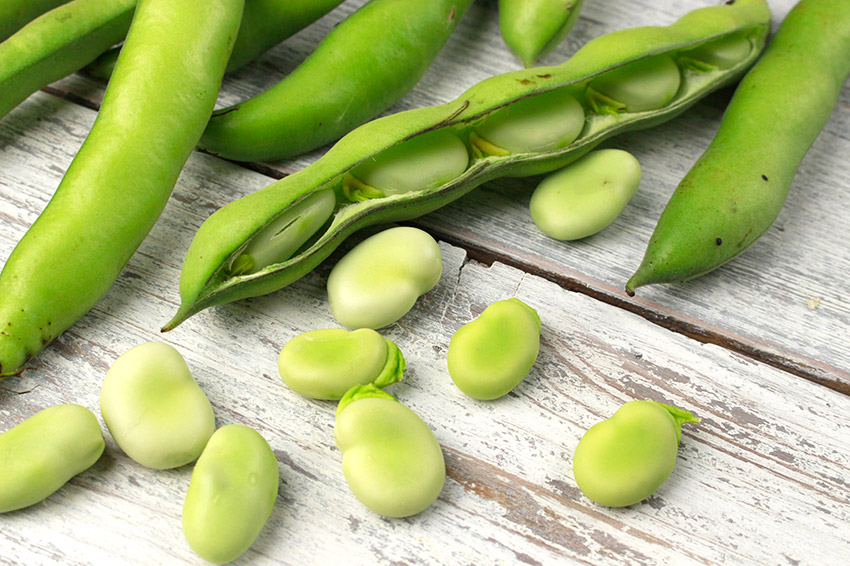
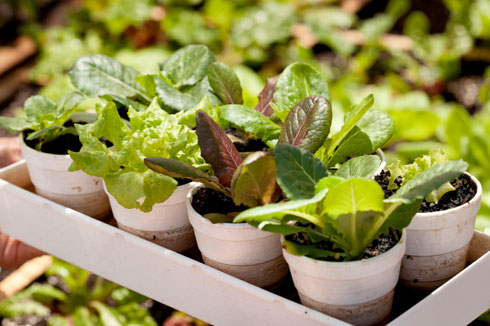
Leave a Reply